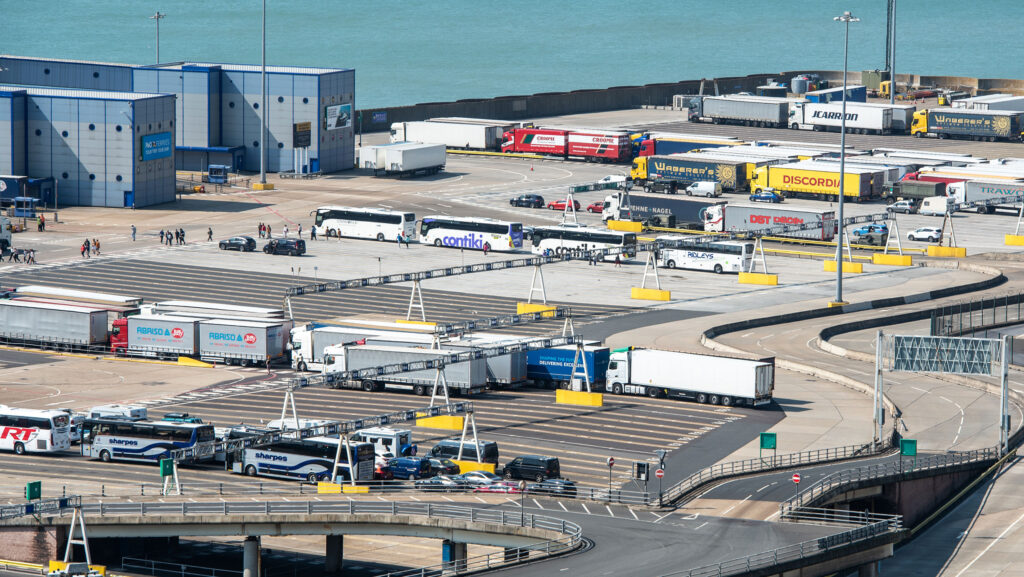Meat and feed products still arriving from EU despite ban
 © Adobe Stock
© Adobe Stock Claims that not enough is being done to enforce the ban on personal imports of meat and dairy from the EU were rebutted by the government at an Environment, Food and Rural Affairs (Efra) select committee evidence session.
The committee questioned Baroness Hayman of Ullock, parliamentary under-secretary of state at Defra, on contingency planning and the enforcement of the recently imposed ban on personal imports.
See also: Concerns raised over Defra’s response to FMD threat
She said changes have been made to tighten up biosecurity, particularly around personal imports of certain products.
“Of course, nothing is ever 100% secure, but I take it very seriously,” she said.
“My responsibility is to ensure that the checks and balances that we have in place are as robust as possible for biosecurity, to protect the country while still facilitating trade.”
Bypassing FMD controls
Addressing concerns around the import of animal products and feed, committee chairman Alistair Carmichael questioned the minister about the number of German consignments that were able to bypass foot-and-mouth controls between 10-16 January, including whey.
Providing written evidence to the committee, Defra said that this wasn’t raised with them directly and the minister added:
“We weren’t contacted about it. I would ask anyone who knows such products coming through to contact us as a matter of urgency. We rely very much on working constructively with other organisations.”
Poor communication
Responding to why there wasn’t a single announcement at airports about the ban on EU products and why the government’s own social media post was taken down to communicate the ban, the minister said they had done a lot of work to raise awareness.
“There’s no point banning something if people don’t realise that it’s banned,” said Baroness Hayman.
“I’ve had a meeting with the Home Office minister to discuss how Border Force can support us by having information at their points as well.
“We are working very closely with all entries to encourage the airports, Eurotunnel and the ports to be extremely proactive in promoting the work that we’re doing, in trying to stop personal imports coming in,” she said.
Crushing vans
The minister further told the committee that, whilst illegal meat imports weren’t anything new, customs staff were now picking up more illegal meat than ever before.
“We need to send out the message that it is absolutely and utterly against the law to do this,” she added.
To further address the problem, she said Defra was working with Border Force to impound the vans and then crush them or get rid of them.
“One of the frustrations is that you see the same vans coming back over and over again. So the way to manage that is to actually take the van off them, to try and hurt people at source,” said the minister.
She added that Defra was also looking at ways to stop the illegal meat arriving at the border in the first place.
Lucy Manzano, head of the Dover Port Health Authority, previously wrote to the committee highlighting concerns.
She wrote that “even with the threat of FMD and ASF in Europe looming, and clear and repeated evidence of border failures allowing significant volumes of prohibited products into the UK, our requests for urgent action and additional funding, remain unanswered.”
